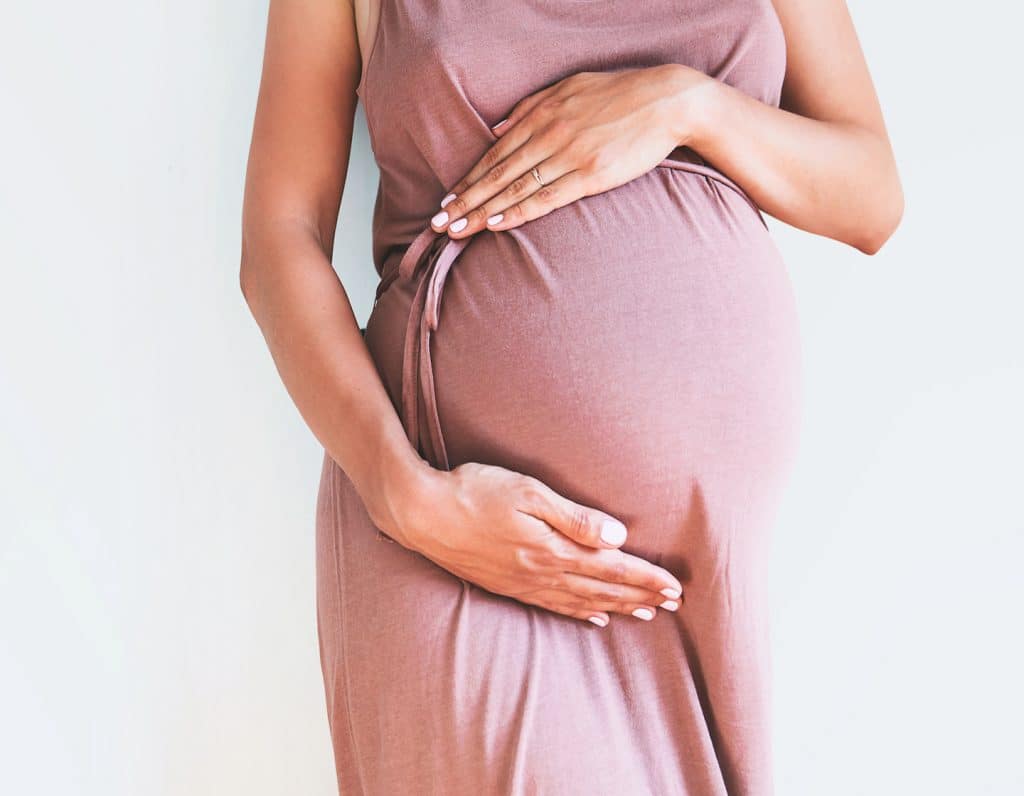
Whether it is your first baby or your third, trying to get pregnant often requires a good deal of luck, support and for some, medical assistance. We talk with Dr. Ann Tan, a Singapore-based fertility specialist to get her take on how best to increase your chances of conception success.
How long should I try to conceive before I consider consulting a doctor?
That depends on quite a few things! Firstly, you need to consider the couple’s age. A woman’s fertility is reduced when she is over 35 (and even more so after 40) therefore it’s critical that this is taken into consideration when trying to conceive. I generally advise those women over 40 to consult their gynecologist immediately to exclude any potential problems that could inhibit their chances of conceiving. For women between 35 and 38, I recommend trying for six months before getting checked for any underlying fertility problems.
Generally if a couple has been having regular unprotected intercourse, they are likely to conceive within 12 months (approximately 85% of couples are likely to conceive within a year, while approximately 50% of couples are likely to have conceived within the first 6 months).
It’s also important for women to see their doctor if they’ve had any previous medical procedures (surgery for ovarian cysts, fibroid removal or recurrent miscarriages) or have irregular cycles or pain during intercourse or menses.
What lifestyle changes should I consider to help me conceive?
Eating fresh foods, taking prenatal supplements (a good prenatal supplement should contain at least 400mcg of folic acid, iron and B vitamins, plus some DHA/Omega 3s) and avoiding toxic substances (alcohol, cigarette smoke, recreational drugs, and excessive preservatives) will help increase the chances of conception and a healthy pregnancy, as well as reduce the risks of abnormalities in the developing fetus.
Ensuring women are of a normal Body Mass Index (BMI) will also help to keep the sex hormones functioning optimally, as being underweight or overweight can be detrimental to successful conception (obesity is related to hormonal disturbances that can interfere with regular menstruation and ovulation). Optimal BMI – between 19 and 25 – should be achieved prior to conception.
Needless to say getting sufficient exercise and eating a nutritious diet is key to keeping the body working optimally.
Do you believe in any alternative or traditional therapies to help with conceiving?
I believe that Traditional Chinese Medicine, Homeopathy and other alternative therapies often serve to bolster one’s nutrition and improve the couple’s sense of wellbeing and health. For those who are open to it they should definitely discuss this with their own physician. Acupuncture has been shown to improve the outcome of IVF when it is performed at the same time.
Does my husband or partner have to come with me to an initial appointment to discuss our problems conceiving?
Yes of course! Fertility is a couple’s project. By assessing both the man and the woman at the same time, it serves to reinforce this truth as well as save time should the female ultimately not be the one with the problem. Male factors contribute to infertility in approximately a third of the couples and there are usually issues on both sides if there has a been a long period of infertility.
Can you recommend anyone who can provide emotional support with conception difficulties?
In Singapore I don’t know of any dedicated Fertility counselors except those attached to or affiliated with the IVF centres (Sassy Mama Tip: We hear Tanja Eassler Moro is worth giving a call). Usually doctors and their clinic’s key staff become the patients’ confidantes and provide the emotional support needed for couples.
What are my medical options when it comes to difficulties conceiving? At what point should I consider IVF?
There are many medical options available for couples that are having difficulty conceiving. Couples could try simple assisted reproductive techniques like basal ovulation monitoring using transvaginal ultrasound to determine when ovulation is likely to occur, or intrauterine insemination to assist sperm with lowered motility to get closer to the fallopian tubes. IVF is the best treatment for male infertility (when sperm count is so reduced that conception is nearly impossible without assistance).
Dr. Ann Tan is a gynecologist, obstetrician, IVF and fertility specialist based in Singapore. She is the former Chief of Fetal Maternal Medicine at the Singapore General Hospital and is the first Singaporean to hold the Diploma of Fetal Medicine from the Fetal Medicine Foundation. She is also a Ministry of Health Certified IVF Clinician. Dr. Tan is dedicated to helping her patients achieve their dream of having healthy babies. You can contact her at +65 6887 1103 or at [email protected]






 View All
View All





 View All
View All









 View All
View All






